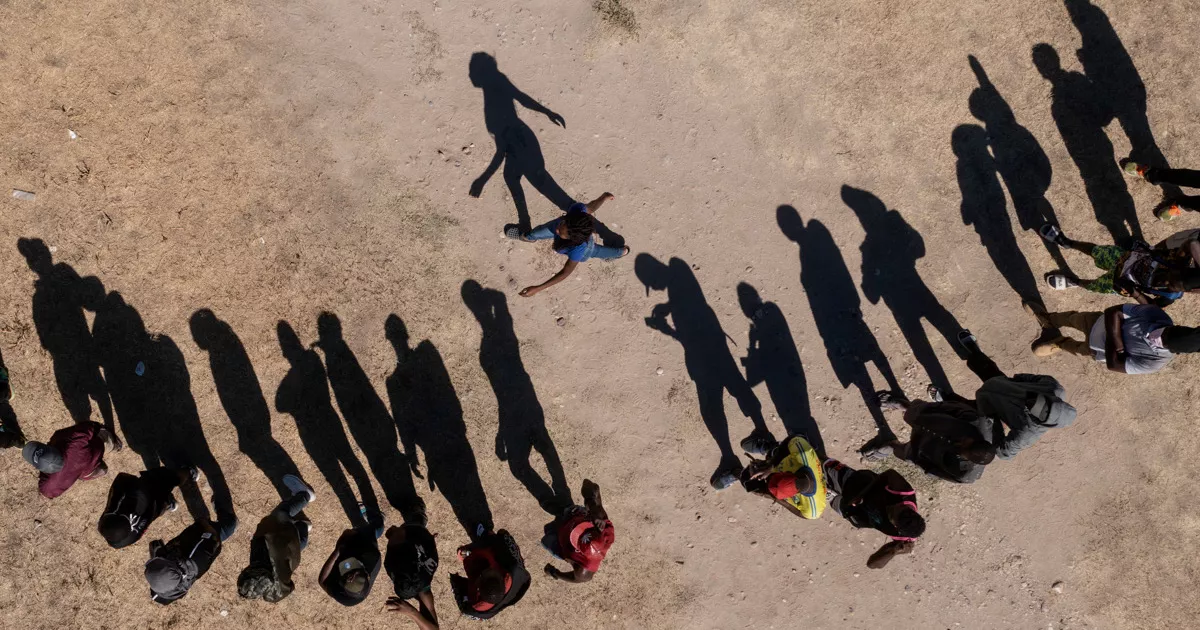“Over the past 40 years, governments around the world have reduced tax rates on the richest, while raising taxes on goods and services that disproportionately put the poorest people at a higher price and exacerbate gender inequality,” it warns. oxfam.
The World Bank considers that the world is experiencing the largest increase in inequality and global poverty since World War II. At least 1.7 billion workers live in countries where inflation outpaces wage increases, and more than 820 million people – 1 in 10 worldwide – go hungry, Oxfam says.
“While people make daily sacrifices to pay for essentials like food, millionaires have exceeded their wildest dreams. Despite the pandemic and with only two years to go, this decade is shaping up to be the rise of the super-rich,” said Gabriela Bucher, executive director of Oxfam International, in the NGO report.
The organization points out that while businessmen, such as Elon Musk, paid a real tax rate of 2% between 2014 and 2018, a micro-enterprise in Mexico pays 50% income tax (ISR).
The NGO hosts that applying temporary solidarity taxes on wealth has the purpose of “preventing the richest from continuing to take advantage of the crises” and a better redistribution of resources.
Taxing the income of the richest 1% of the population includes taxing inheritance, property and land; plus net estate taxes.
Latin America
With regard to Latin America and the Caribbean, Oxfam points out that the richest people in the region increased their fortunes by 21%, while the region’s GDP was 3.9%.
In contrast, the NGO points out, there are 12 million more people in the region who live in poverty.
The tax design in Latin America widens inequalities, since those who have more pay less taxes, the organization maintains. “While the collection of labor and consumption taxes grew by 11%, the collection of corporate sales and wealth fell 5% between 2007 and 2019,” Oxfam said.














